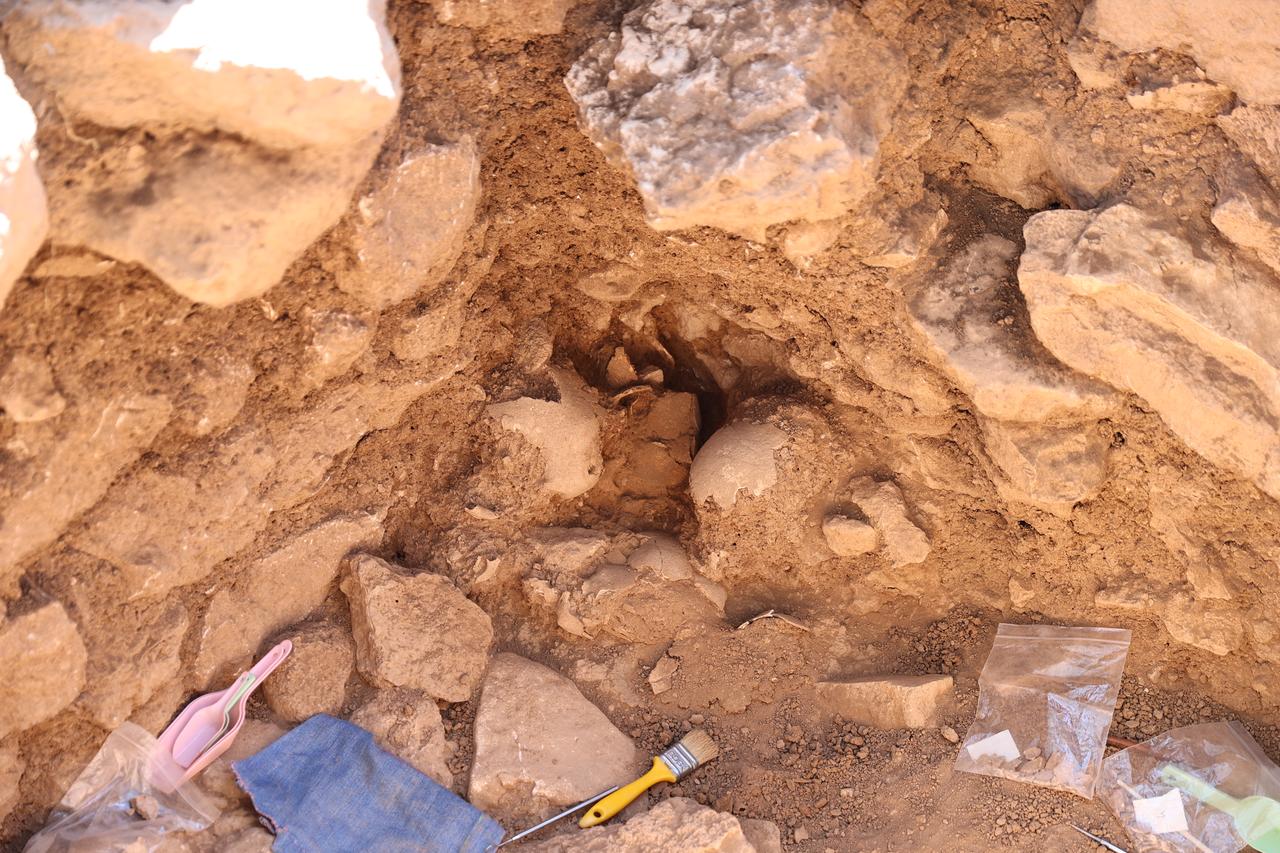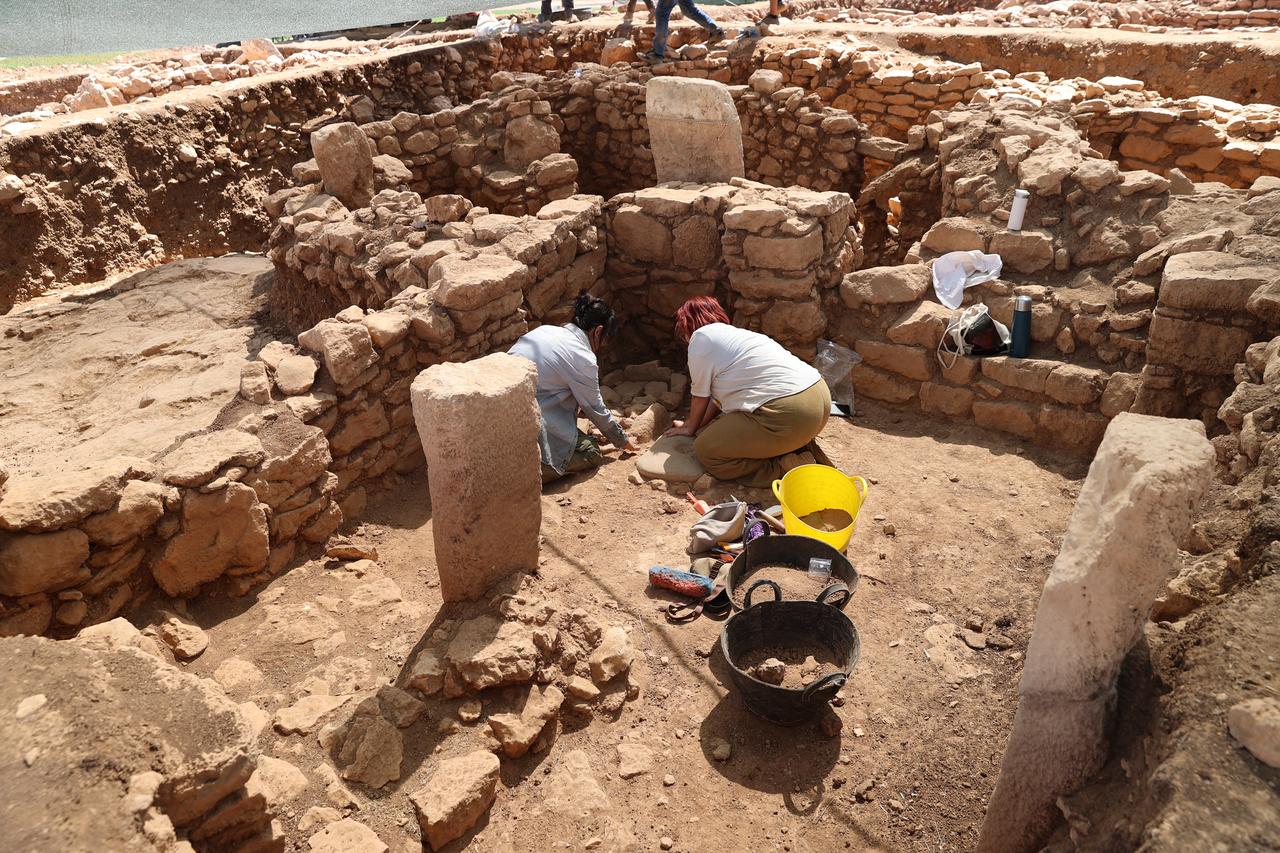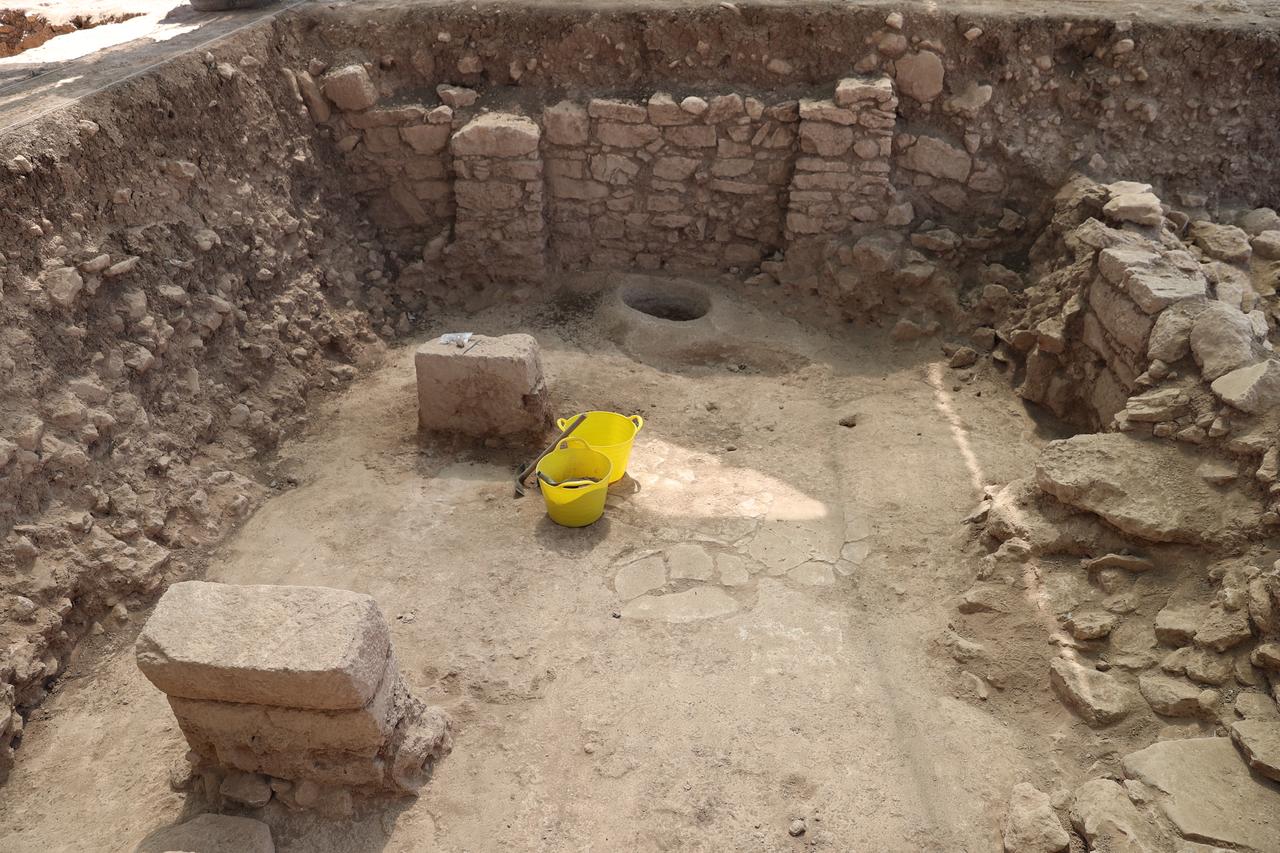
Archaeologists working in the southeastern province of Sanliurfa have uncovered 12 human skulls dating back more than 10,000 years.
The discovery was made at Sefertepe, one of the sites under the “Tas Tepeler (Stone Mounds) Project,” which investigates Neolithic settlements in the region.

The excavation is being led by Associate Professor Emre Guldogan of Istanbul University’s Faculty of Letters, Department of Archaeology.
He explained that the team of 39 specialists, students and workers continued their work this season both in previously studied areas and in new excavation zones.
Last year, archaeologists identified a chamber they called the “skull room.” This year, the team uncovered eight skulls inside that space, while another four skulls were retrieved from a separate chamber. All are estimated to date back to around 10,500 years.

According to Guldogan, earlier excavations had revealed a total of 31 skulls. Initial analyses conducted by anthropology specialist Professor Yilmaz Selim Erdal from Hacettepe University showed that the remains represented individuals of different age groups, ranging from a six-month-old infant to a 40-year-old adult.
The ongoing investigations suggest that more skulls may be found as work progresses.
Guldogan stated that work is taking place in six separate excavation trenches this year. Alongside the skull finds, the team has launched botanical studies and restoration work, particularly focusing on reassembling broken standing stones discovered in earlier years.
He added that excavations reached the base of a special structure associated with the skulls.
Archaeologists observed traces showing that the bedrock had been deliberately leveled. They also documented carefully cut holes on the rock surface, suggesting planned construction.